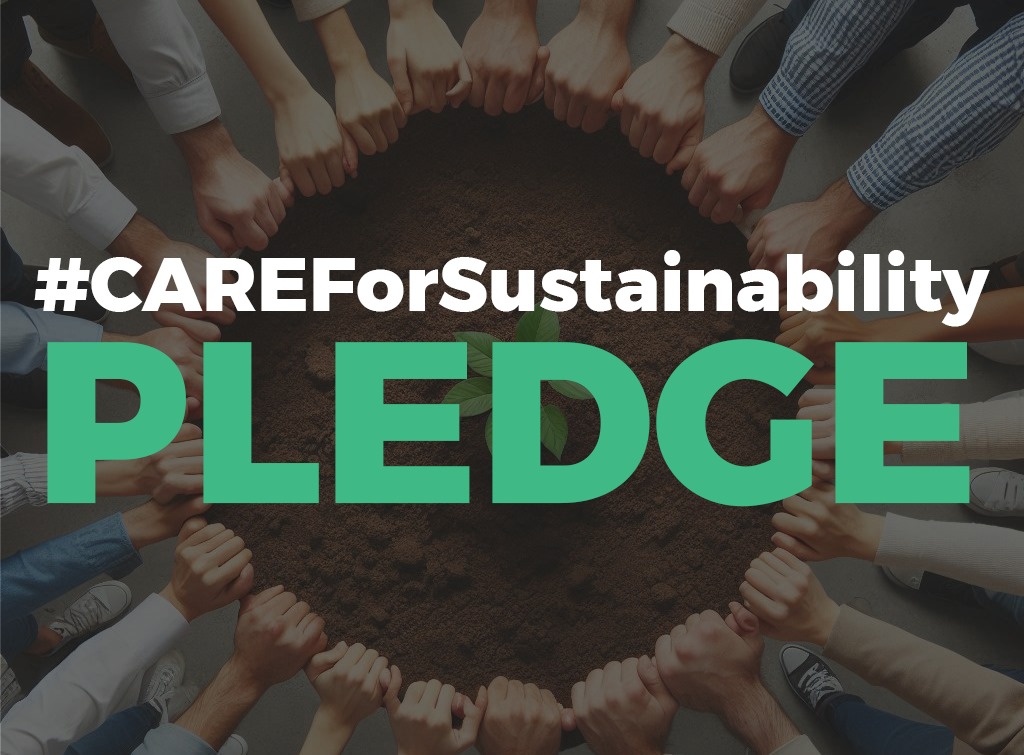United Nations Secretary-General, Antonio Guterres at the Climate Ambition Summit said, “If nothing changes, we are heading towards a 2.8-degree temperature rise – towards a dangerous and unstable world.”
In the collective pursuit of addressing pressing global climate concerns—ranging from the concerning meltdown of ice caps to the continual rise in global temperatures, the global leaders are slowly coming towards a consensus taking a decisive transition away from fossil fuels and focusing on a framework that would further enable access to green financial instruments.
Last year at the Future Sustainability Forum, organised by Dubai International Financial Center (DIFC) global leaders and thought leaders came together to focus on how to unlock benefits linked through ESG and harnessing the advantages of sustainable finances. 2023 is already one of the hottest years on record for the 21st century. As per a recent Reuters report, global CO2 emissions were at a record high in 2023. Countries were speculated to emit a total of 36.8 billion metric tons of CO2 from burning fossil fuels alone, which is 1.1 per cent higher than 2022.
It was no surprise that in the recently concluded COP28 Summit, the focus of the global powers was to come up with a concrete framework to phase out the use of fossil fuels. One major enabler behind this recent shift has been the global digital transformation push which forms the foundation of the fourth industrial revolution.
Further showcasing the collective commitment to the global net-zero future, negotiators from across the world came together to help chart the course on how the world can tackle the issues persistent in the push towards adopting smart mobility options, green financing measures, ESG integrations and more. Two major highlights from the COP28 Summit were:
– Global Push for Green Financing
In recent years, global economies have implemented green financial instruments to aid with their vision of enabling businesses to align with their national vision for the net zero future. One of the key highlights of the summit was the pledge by the United Arab Emirates worth US$ 30 billion on a new climate fund to invest in climate projects while it further earmarked US$ 5 billion for the Global South. International banking institutions such as the World Bank have also indicated their aim of its climate funding to 45 per cent of its total lending.
While many mechanisms are still in place, the COP28 Summit also saw deliberations on the reform of the global financial framework and architecture to further accelerate the funding for key climate projects while enabling private players to further help bridge the gaps in the existing climate financial landscape.
– The Time for Renewables is Now
Another major highlight of the COP 28 Summit was the focus on phasing out fossil fuels and the push for adopting renewable energy options while further upgrading the global renewable energy infrastructure. The recognition of the vital role played by clean hydrogen in global decarbonisation efforts and further meeting the energy needs of the global market. With 35 countries together recognising the vast potential decided to mutually recognise their respective plans related to clean energy schemes that will further enable the smooth cross-border flow of low carbon hydrogen to help meet their respective renewable energy demands, while setting ambitious targets to triple global renewable energy capacity and double the average annual rate of energy efficiency improvements by 2030.
Conclusion
In a recent report released by the United Nations Environment Programme (UNEP) during COP28, around US$ 7 trillion in combined public and private funding is allocated annually towards activities that have a negative impact on the planet. This is almost around 30 times more than the amount spent annually towards nature-based solutions.
As the world collectively aims for a net-zero future—a crucial step in mitigating climate change and preserving the planet’s health—there’s a growing imperative to redirect these substantial financial resources towards sustainable endeavours. With this vision in mind, the Future Sustainability Forum (FSF) stands as a pivotal platform. Here, esteemed global leaders, policymakers, industry icons, and tech visionaries converge to exchange unparalleled insights that drive the scale-up of global climate initiatives.
The forum will address crucial topics including sustainable finance, renewable energy, and sustainable infrastructure alongside exploring corporate ESG considerations and beyond. Echoing the sentiments of the UN Climate Change Executive Secretary Simon Stiell, we need the highest ambition, not point-scoring or lowest common denominator politics. Good intentions won’t halve emissions this decade or save lives right now. This underscores the expo’s importance as a catalyst for translating intentions into impactful actions.
➡️ Dive deeper into the 2023 Forum insights: Read the Post-event report here: https://lnkd.in/g5kzTrHH
